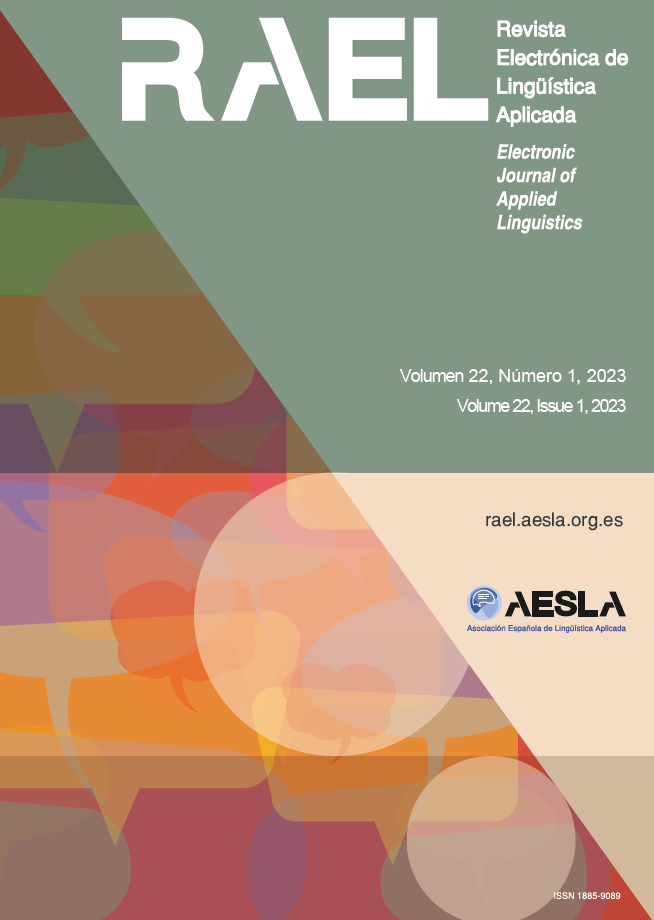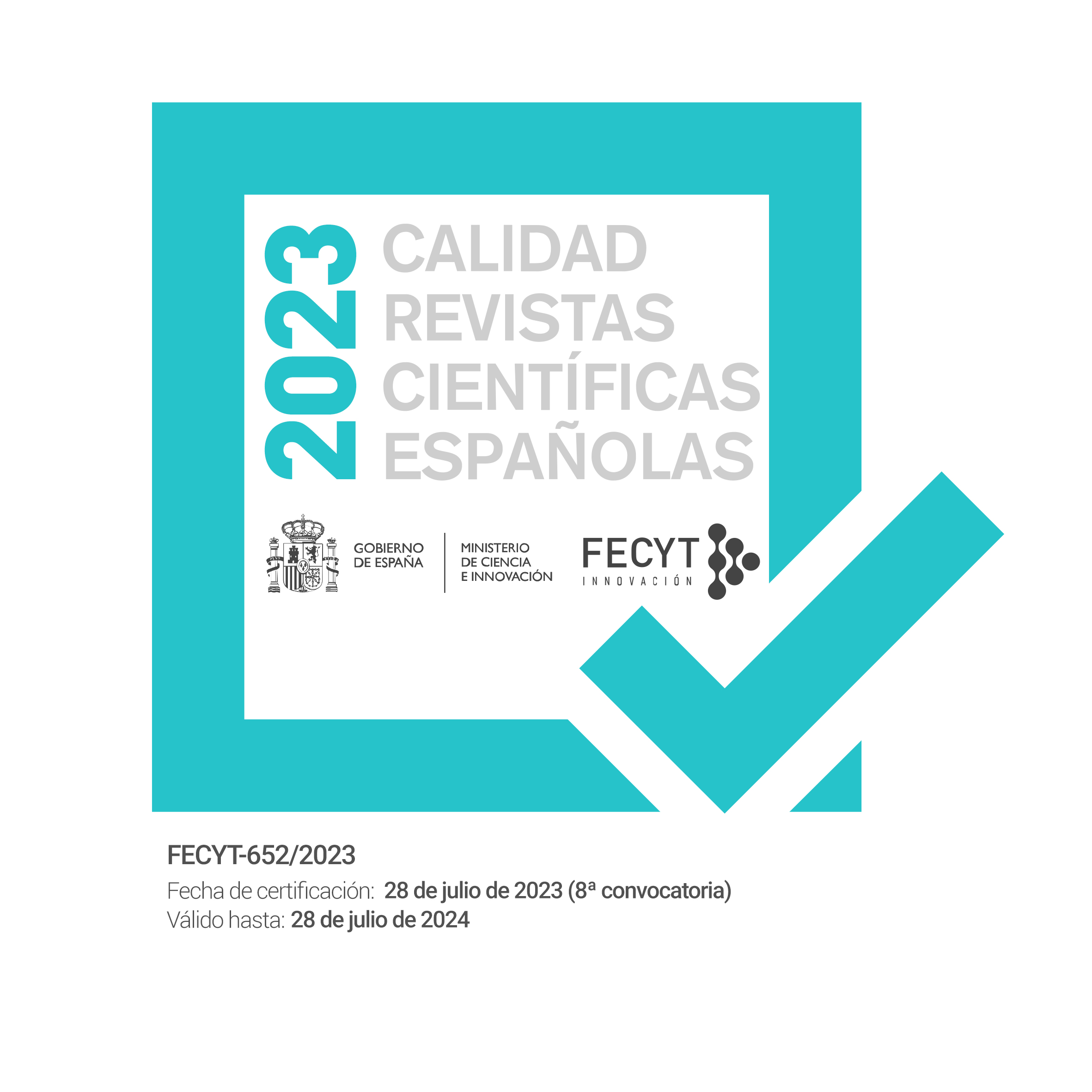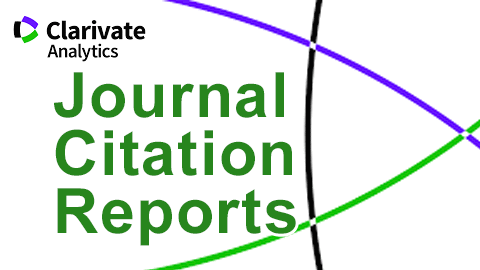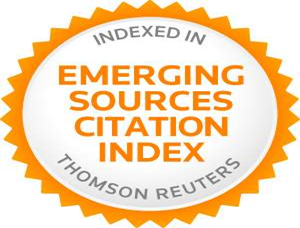My own sex, I hope, will excuse me”: Gender Performativity and Modal Verbs in the Corpus of English Philosophy Texts
DOI:
https://doi.org/10.58859/rael.v23i1.576Palabras clave:
lingüística de corpus, performatividad de género, verbos modales, discurso científico, siglo XVIIIResumen
Gender is a social construction that determines how we behave and, consequently, how we communicate. Even though scientific writing is characterized by its objectivity, it is undeniable that authors use some strategies, consciously or unconsciously, that express their attitude towards their texts. Such strategies include, among others, the use of modal verbs. This paper analyses their use, modality and meaning in eighteenth-century English scientific writing and establishes a comparison between male and female philosophy texts to discover to what extent women contribute to or react against the canon. The data for this small-scale study are taken from the Coruña Corpus of English Scientific Writing, in particular, from the Corpus of English Philosophy Texts. Quantitative and qualitative techniques have been considered for the analysis.
Keywords: corpus linguistics; gender performativity; modal verbs; scientific writing; eighteenth century
El género es una construcción social que determina cómo nos comportamos y, consecuentemente, cómo nos comunicamos. Aunque el discurso científico se caracteriza por su objetividad, es innegable que los autores usan ciertas estrategias, consciente o inconscientemente, que expresan su actitud hacia sus textos. Dichas estrategias incluyen, entre otras, el empleo de verbos modales. Por tanto, en este artículo se analiza su uso, modalidad y significado en textos científicos ingleses del siglo XVIII. Además, se establece una comparación entre cómo los usaban los hombres y las mujeres filósofas del momento con el fin de descubrir hasta qué punto las mujeres contribuían a o reaccionaban frente al canon establecido. Los datos para el microanálisis han sido extraídos del Coruña Corpus of English Scientific Writing, en particular, del Corpus of English Philosophy Texts. Cabe señalar que se han aplicado técnicas tanto cuantitativas como cualitativas en el estudio.
Palabras clave: lingüística de corpus; performatividad de género; verbos modales; discurso científico; siglo XVIII
Citas
Aarts, B. (2011). Oxford Modern English Grammar. New York: Oxford University Press.
Atkinson, D. (1999). Scientific Discourse in Sociohistorical Context: The Philosophical Transactions of the Royal Society of London, 1675-1975. New Jersey: Lawrence Erlbaum Associates.
Butler, J. (1988). Performative Acts and Gender Constitution: An Essay in Phenomenology and Feminist Theory. Theatre Journal, 40(4), 519-531. DOI: https://doi.org/10.2307/3207893
Crespo, B. (2011). Persuasion Markers and Ideology in Eighteenth Century Philosophy Texts (CEPhiT). Revista de Lenguas para Fines Específicos, 17, 199-228. URL: https://ojsspdc.ulpgc.es/ojs/index.php/LFE/article/view/116
Crespo, B. & Moskowich, I. (2015). Persuasion in English Philosophy Texts (CEPhiT). Journal of Humanistic and Social Studies, 6(2), pp. 87-101. URL: https://ruc.udc.es/dspace/handle/2183/16678?locale-attribute=es
Crespo, B. (2016). On Writing Science in the Age of Reason. Revista Canaria de Estudios Ingleses, 72, 53-78. URL: https://dialnet.unirioja.es/servlet/articulo?codigo=5580873
Gotti, M. & Dossena, M. (2001). Modality in Specialised Texts. Austria: Peter Lang.
Halliday, M.A.K. (2004). The Language of Science. New York: Continuum.
Huddleston, R. (1984). Introduction to the Grammar of English. Cambridge: Cambridge University Press.
Huddleston, R. D. & Pullum, G. K. (2002). The Cambridge Grammar of the English Language. Cambridge: Cambridge University Press.
Hunter, L. & Hutton, S. (Eds.). (1997). Women, Science and Medicine 1500-1700. Gloucestershire: Sutton Publishing.
Lakoff, R. (1973). Language and Woman’s Place. Language in Society, 2(1), 45-80.
Lareo, I. (2011). Sociedad, Educación y Ciencia en los Siglos XVIII y XIX: Científicas Británicas y Americanas en el Coruña Corpus. In B. Crespo Garcia, I. Lareo Martín & I. Moskowich-Spiegel Fandiño (Eds.), La Mujer en la Ciencia: Historia de una Desigualdad (pp. 43-68). Netherlands: LINCOM Studies in Anthropology.
Liu, A. H., Shair-Rosenfield, S., Vance, L. R. & Csata, Z. (2018). Linguistic Origins of Gender Equality and Women’s Rights. Gender and Society, 32(1), 82-108. DOI: https://doi.org/10.1177/0891243217741428
Lyons, J. (1977). Semantics 1 & 2. Cambridge: Cambridge University Press.
Moskowich, I., Camiña Roiboó, G., Lareo, I. & Crespo, B. (Comps.). (2016). Corpus of English Philosophy Texts. Universidade da Coruña. DOI: https://doi.org/10.17979/spudc.9788497497077
Moskowich, I. & Crespo, B. (2019). “Arguments that Could Possibly Be Urged”: Modal Verbs and Tentativeness in the Coruña Corpus. Languages, 4(3), 57-69. URL: https://ruc.udc.es/dspace/handle/2183/23657
Palmer, F. R. (1986). Mood and Modality. Cambridge: Cambridge University Press.
Palmer, F. R. (1990). Modality and the English Modals (2nd ed.). New York: Longman.
Puente-Castelo, L. & Monaco, L. (2016). The Might of ‘Might’: A Mitigating Strategy in Eighteenth and Nineteenth Century Female Scientific Discourse. Revista Canaria de Estudios Ingleses, 72, 143-168. URL: https://dialnet.unirioja.es/servlet/articulo?codigo=5580885
Quirk, R., Greenbaum, S., Leech, G. & Svartvik, J. (1985). A Comprehensive Grammar of the English Language. New York: Longman.
Sapir, E. (1929). The Status of Linguistics as a Science. Language, 5(2), 207-214. DOI: https://doi.org/10.2307/409588
Descargas
Publicado
Número
Sección
Licencia
Derechos de autor 2024 Susana-Luisa Costa-Otero

Esta obra está bajo una licencia internacional Creative Commons Atribución-NoComercial 4.0.
Reconocimiento – No comercial (CC BY-NC). Bajo esta licencia el usuario puede copiar, distribuir y exhibir públicamente la obra y puede crear obras derivadas siempre y cuando estas nuevas creaciones reconozcan la autoría de la obra original y no sean utilizadas de manera comercial.
Los autores retienen todos sus derechos de publicación y copyright sin restricciones.









